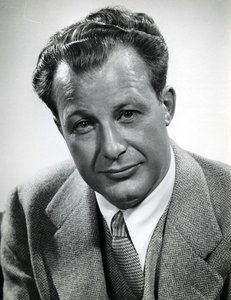A Quote by Friedrich Nietzsche
Related Quotes
What are the precise characteristics of an epigram it is not easy to define. It differs from a joke, in the fact that the wit of the latter dies in the words, and cannot therefore be conveyed in another language; while an epigram is a wit of ideas, and hence, is translatable. Like aphorisms, songs and sonnets, it is occupied with some single point, small and manageable; but whilst a song conveys a sentiment, a sonnet a poetical, and an aphorism a moral reflection, an epigram expresses a contrast.








































